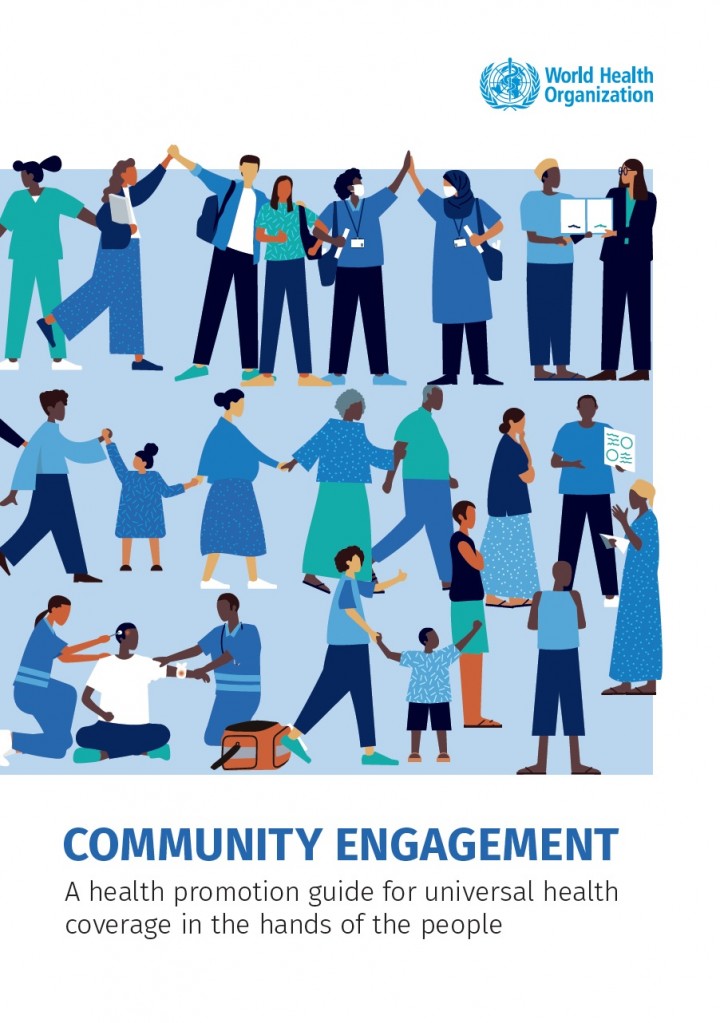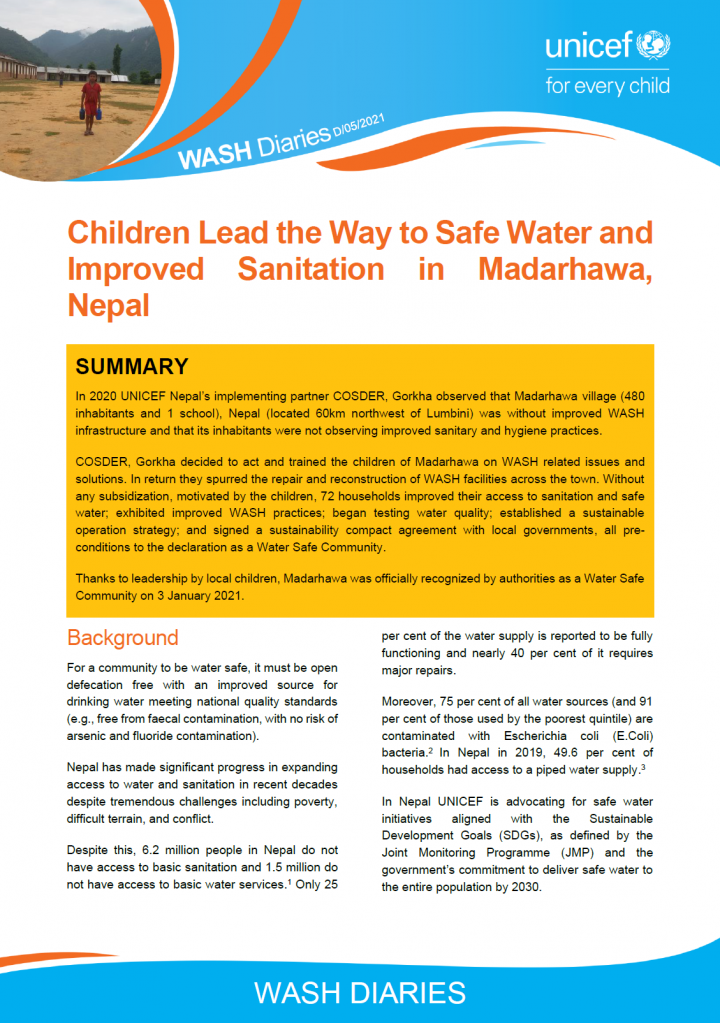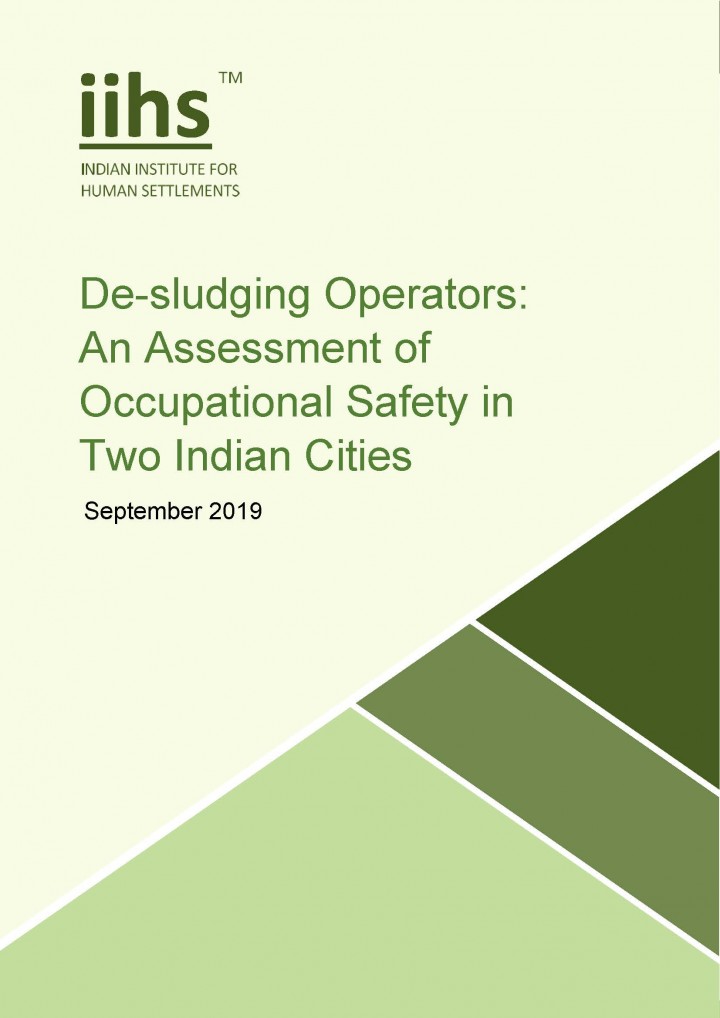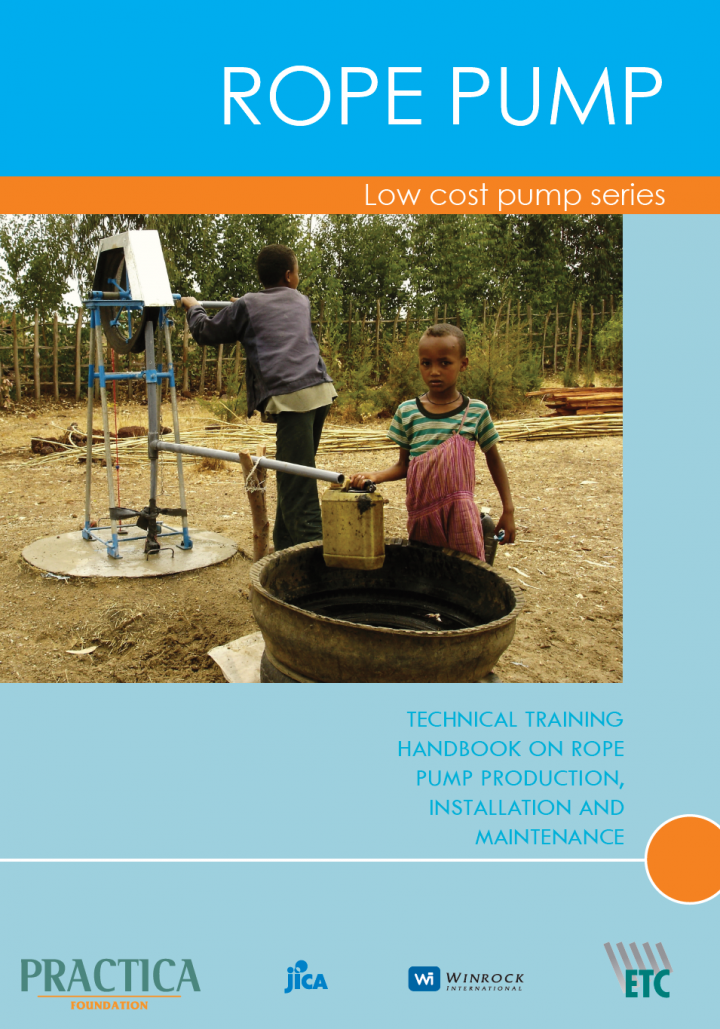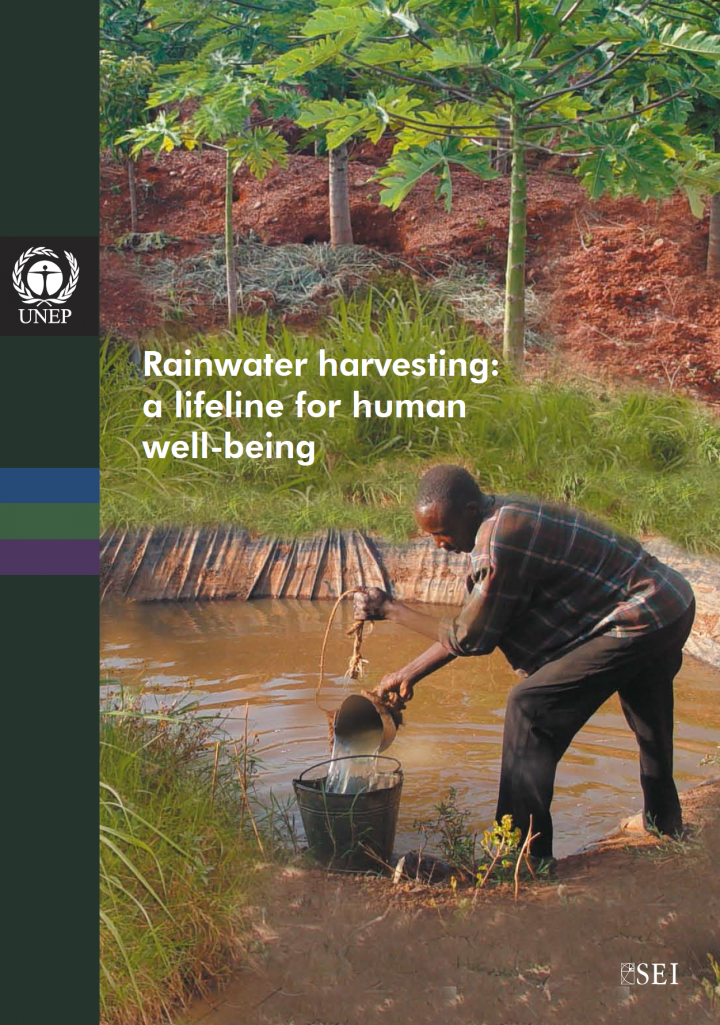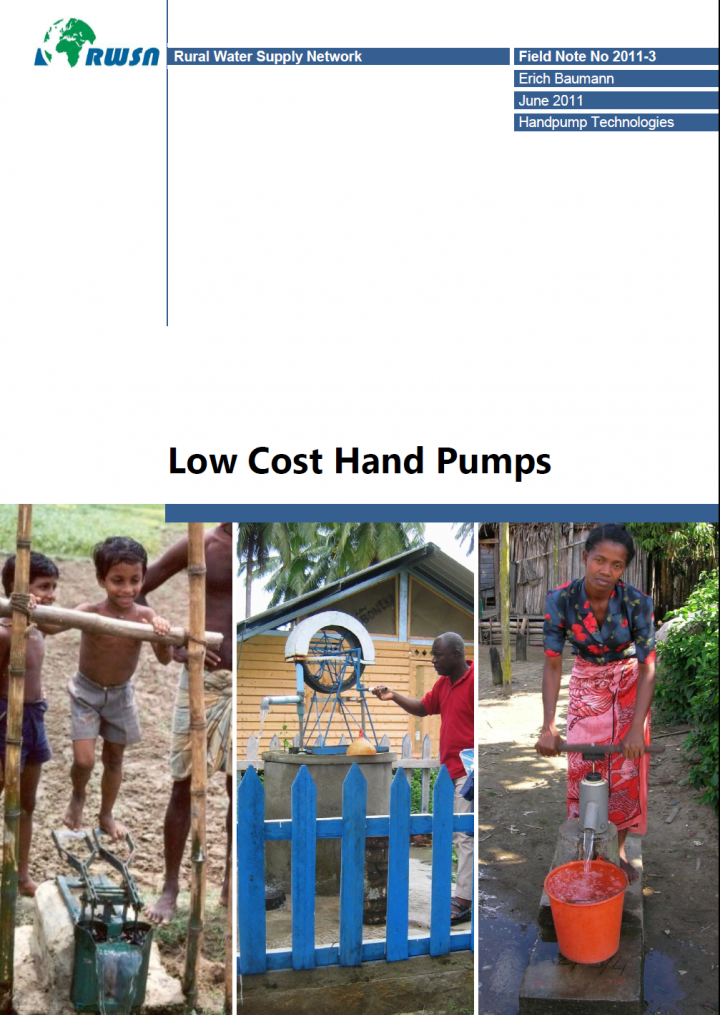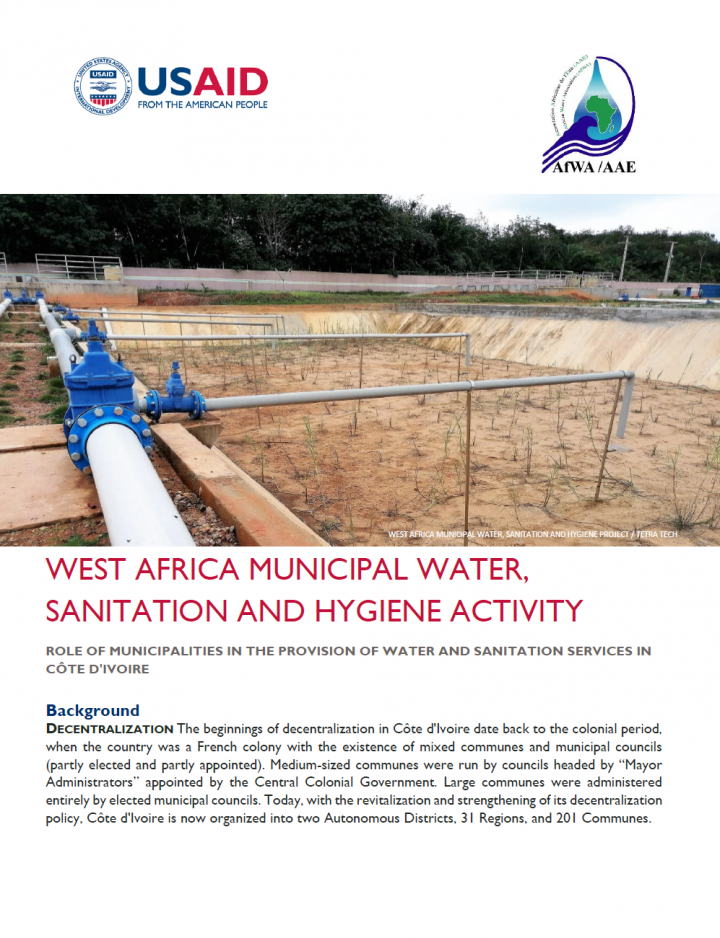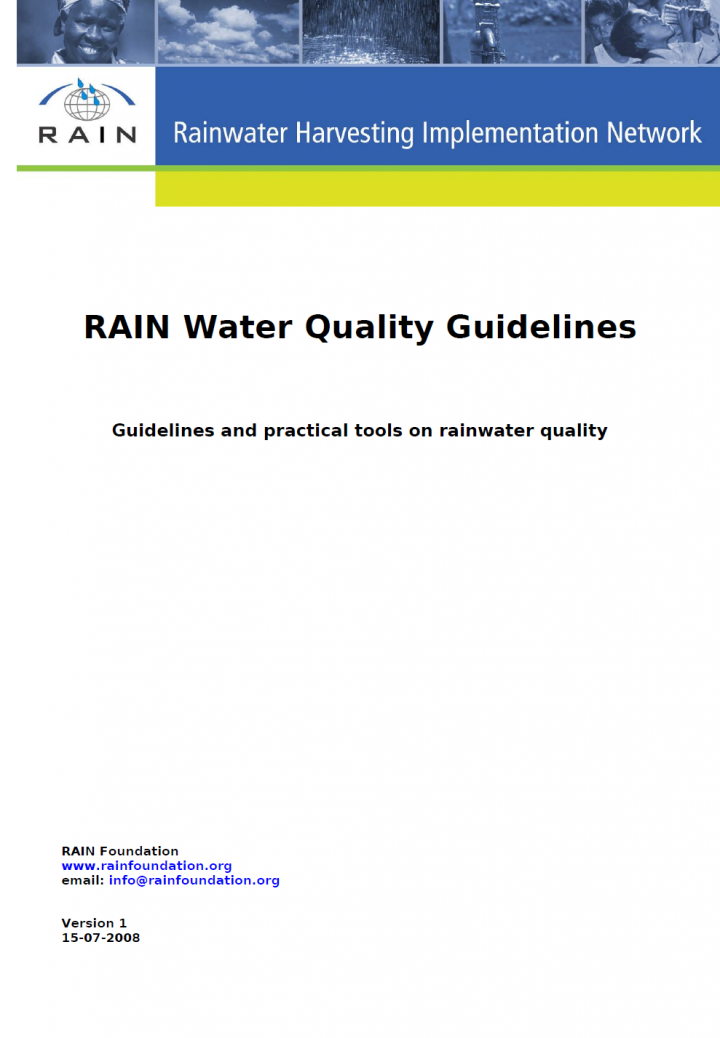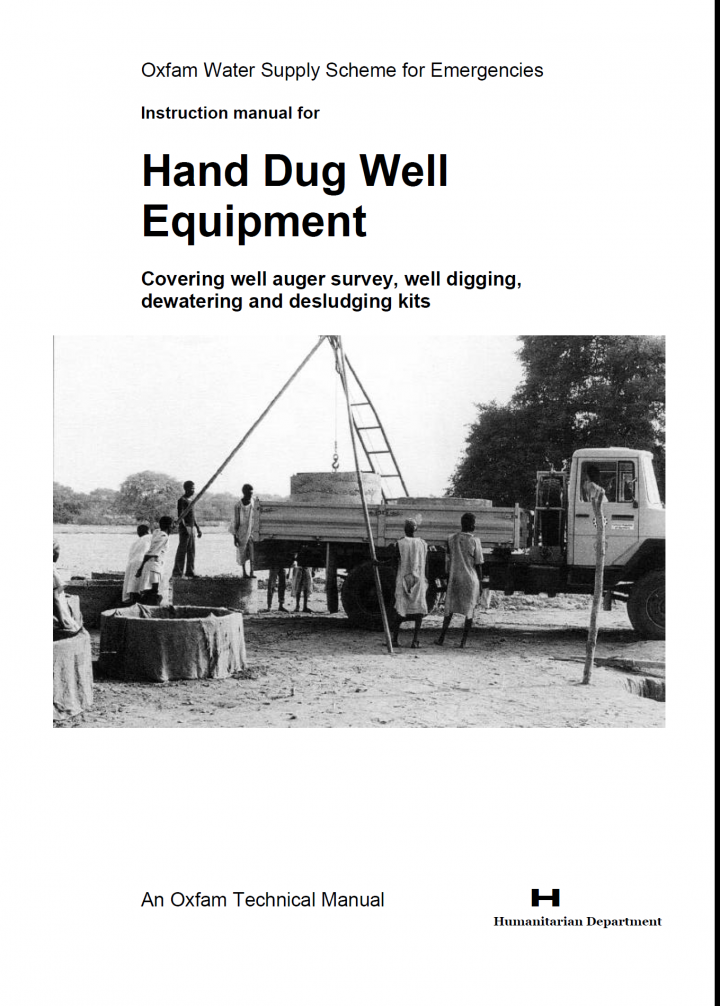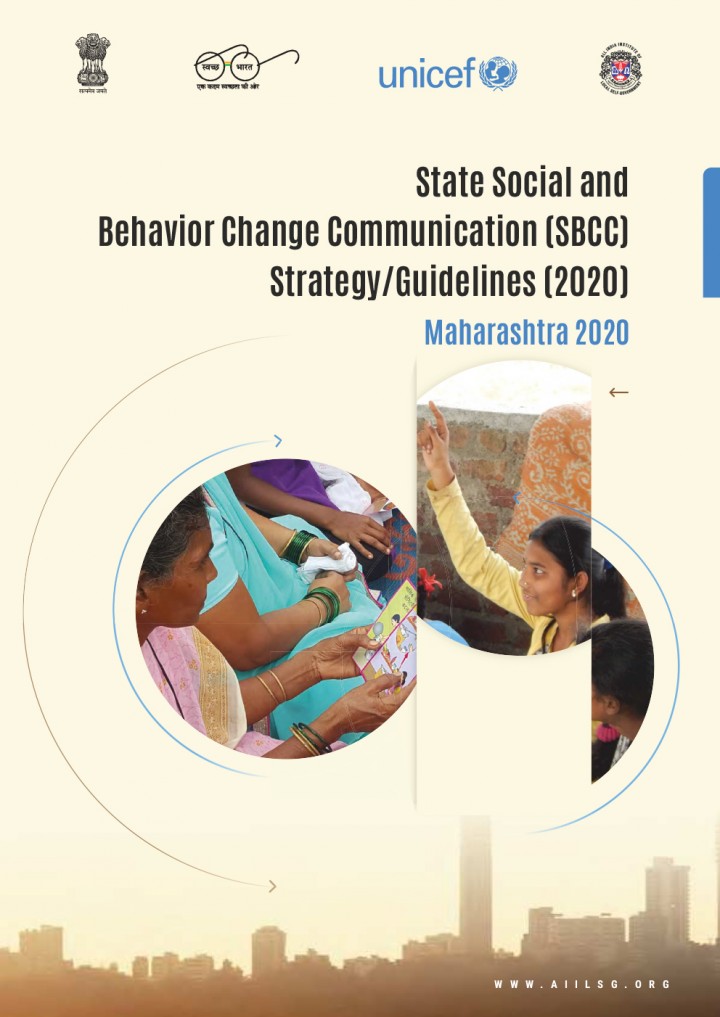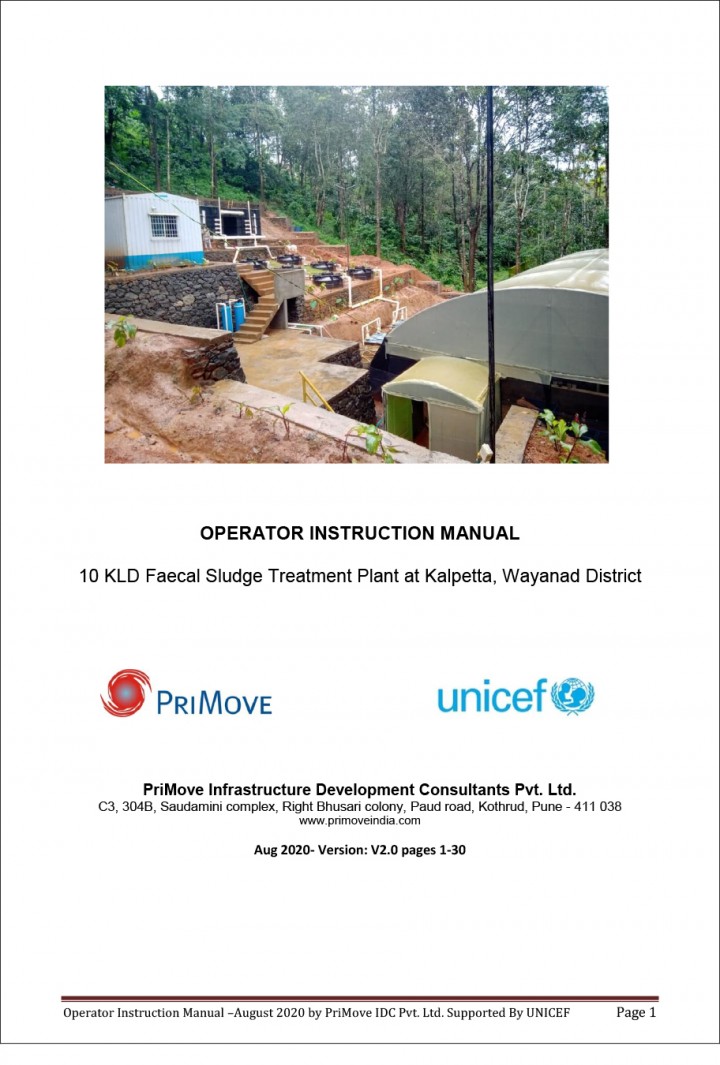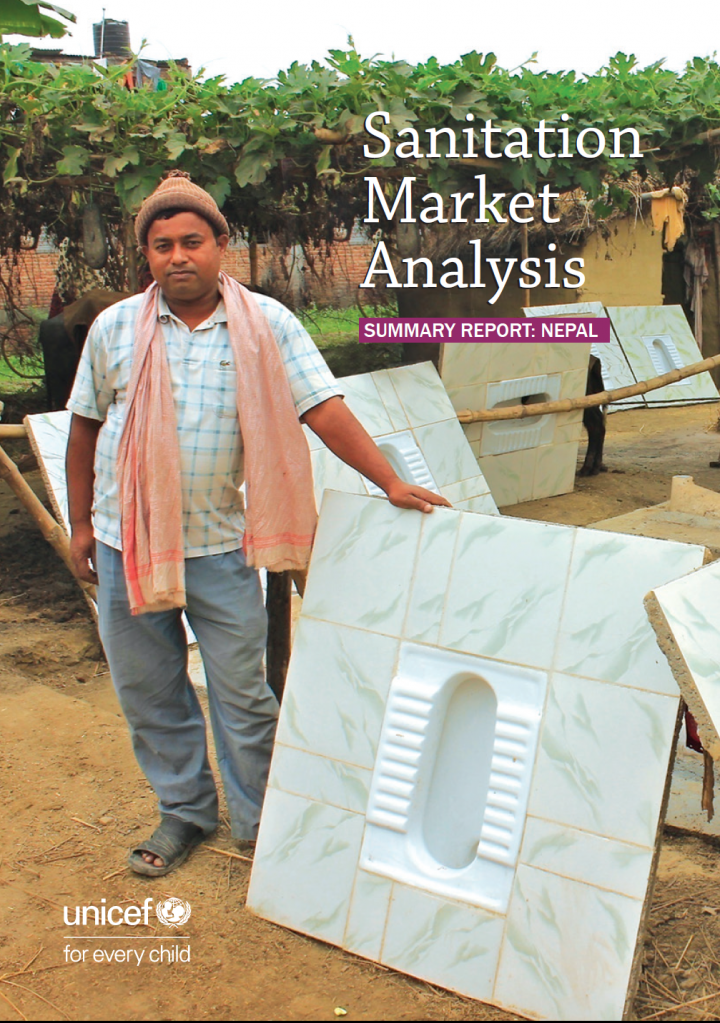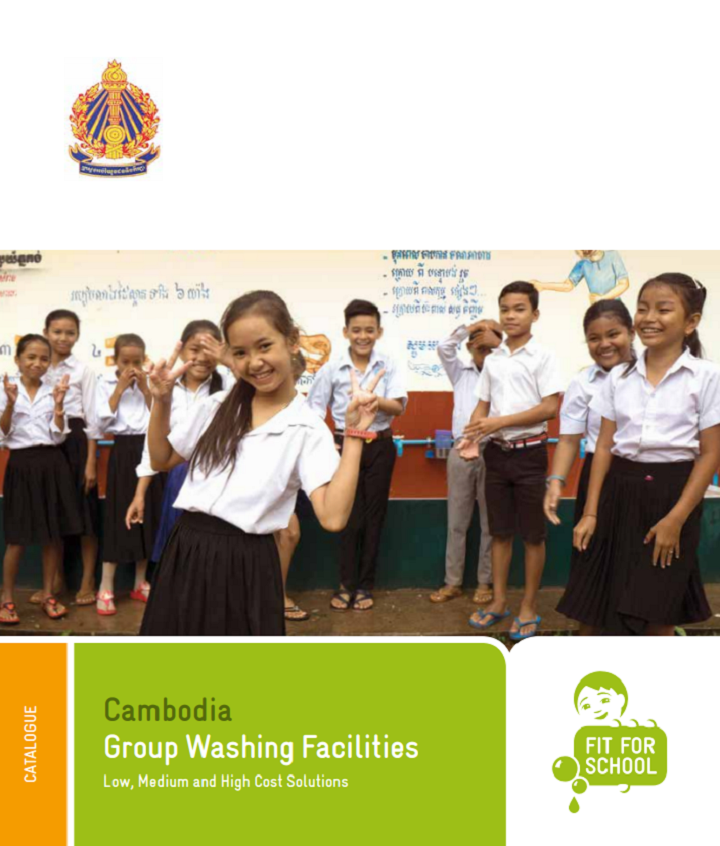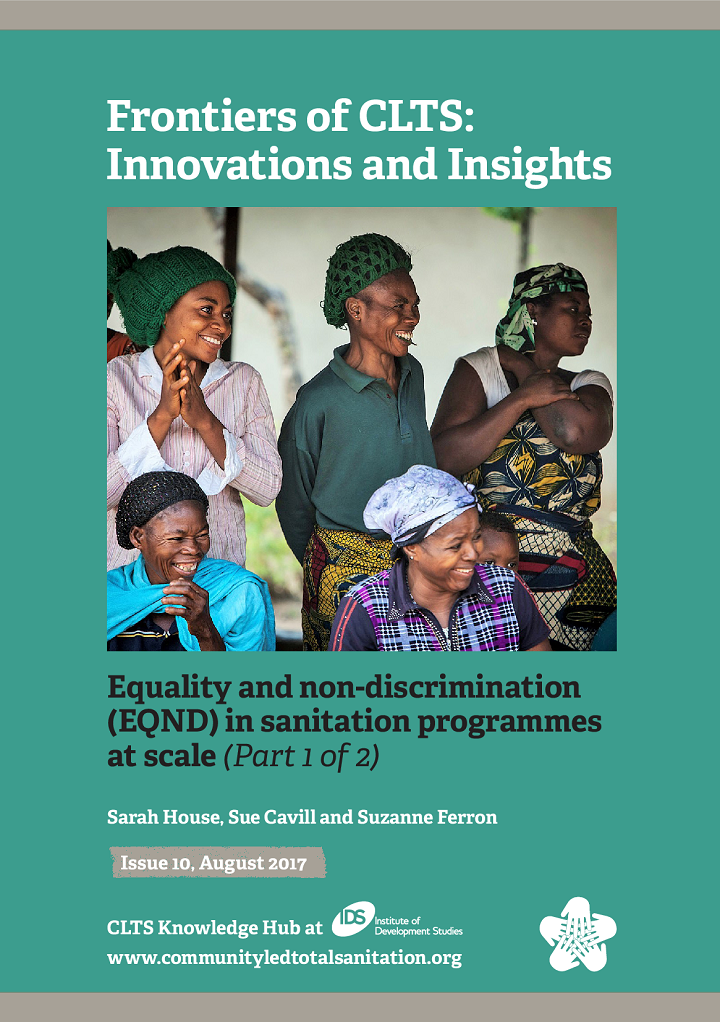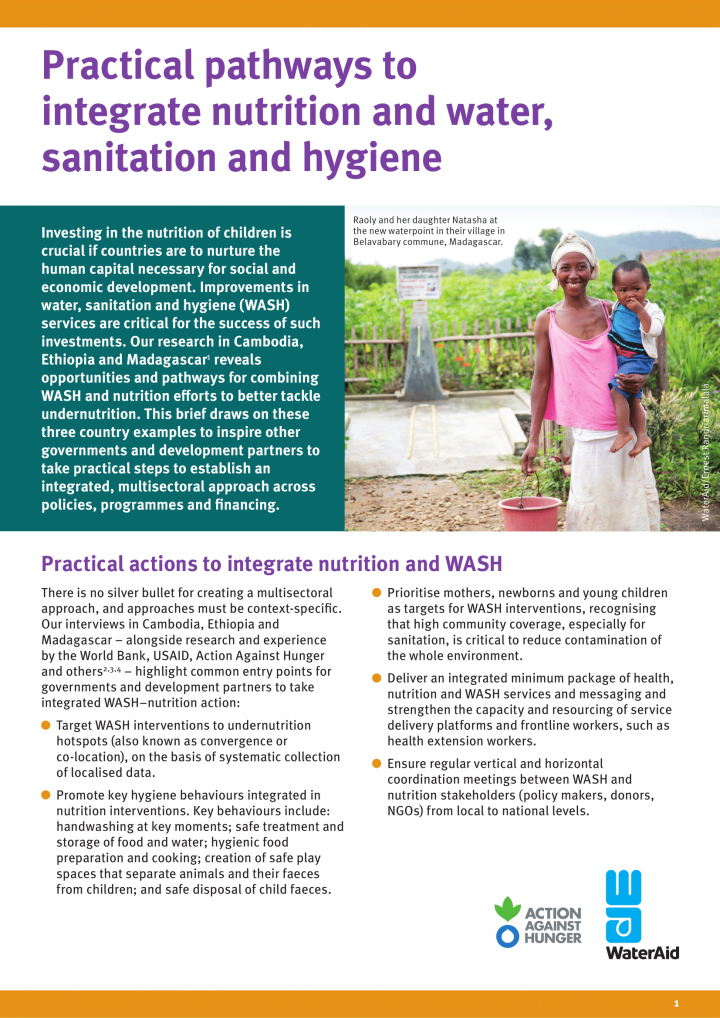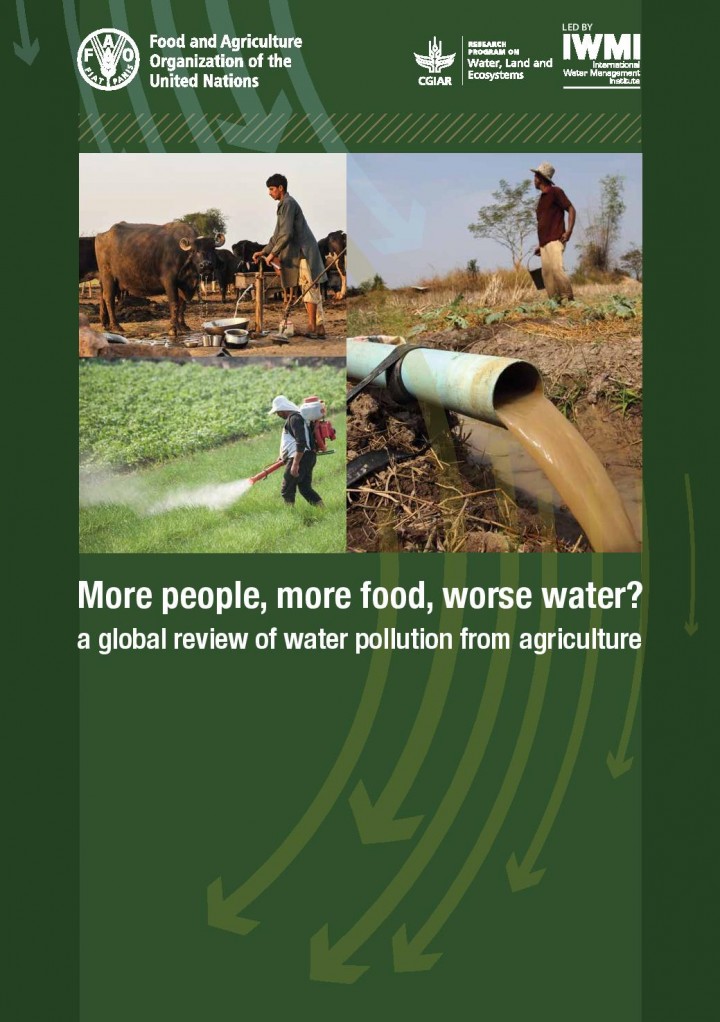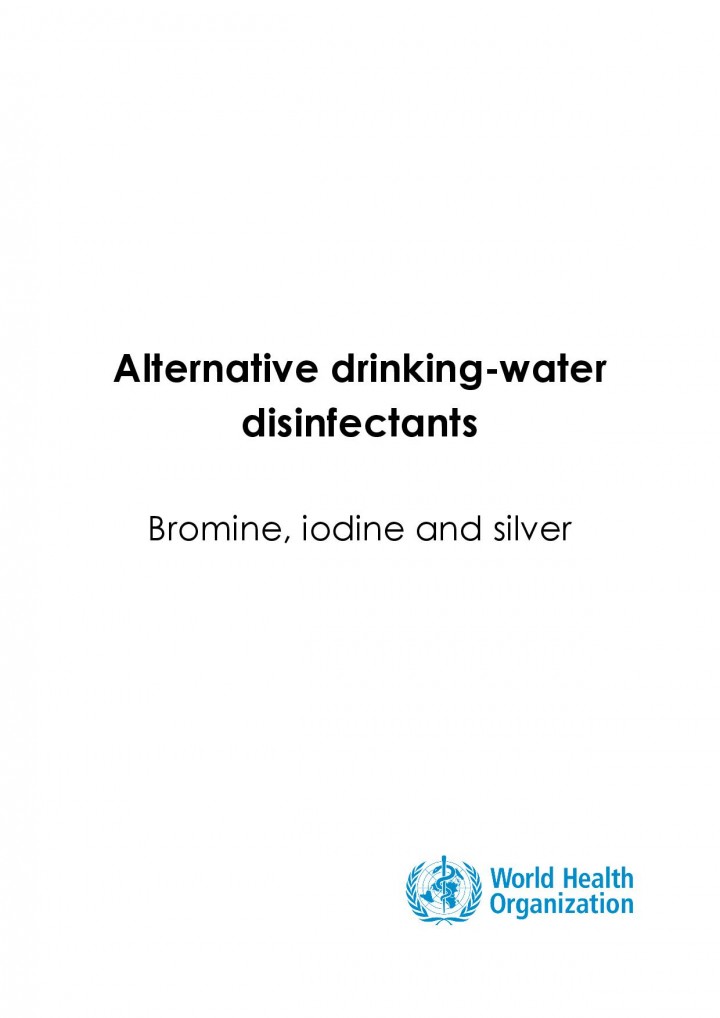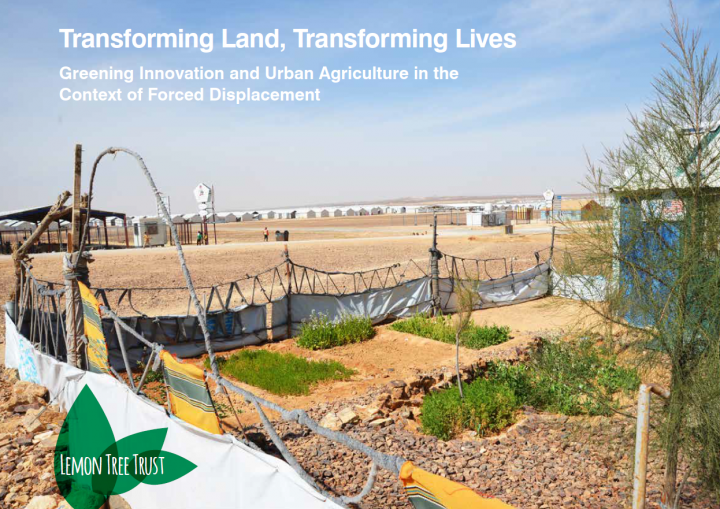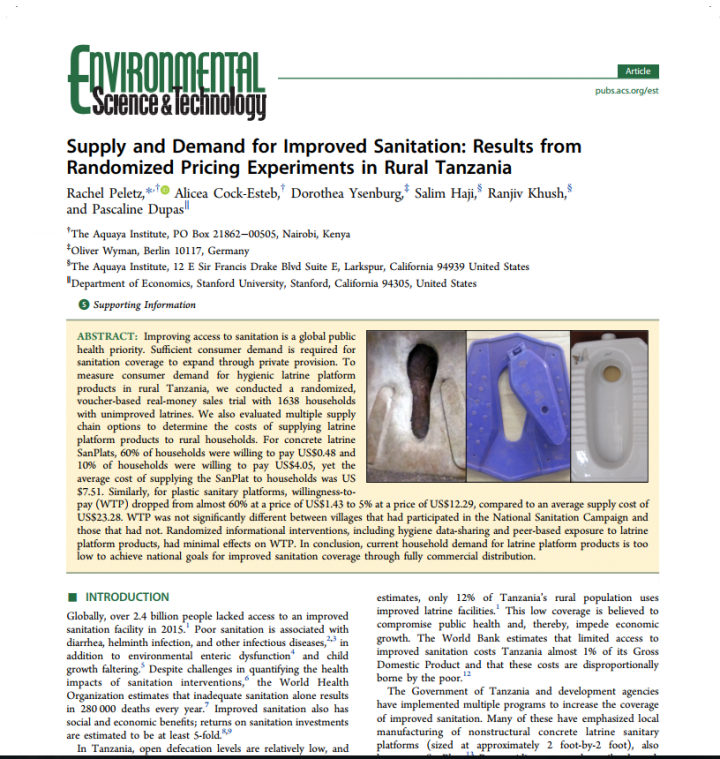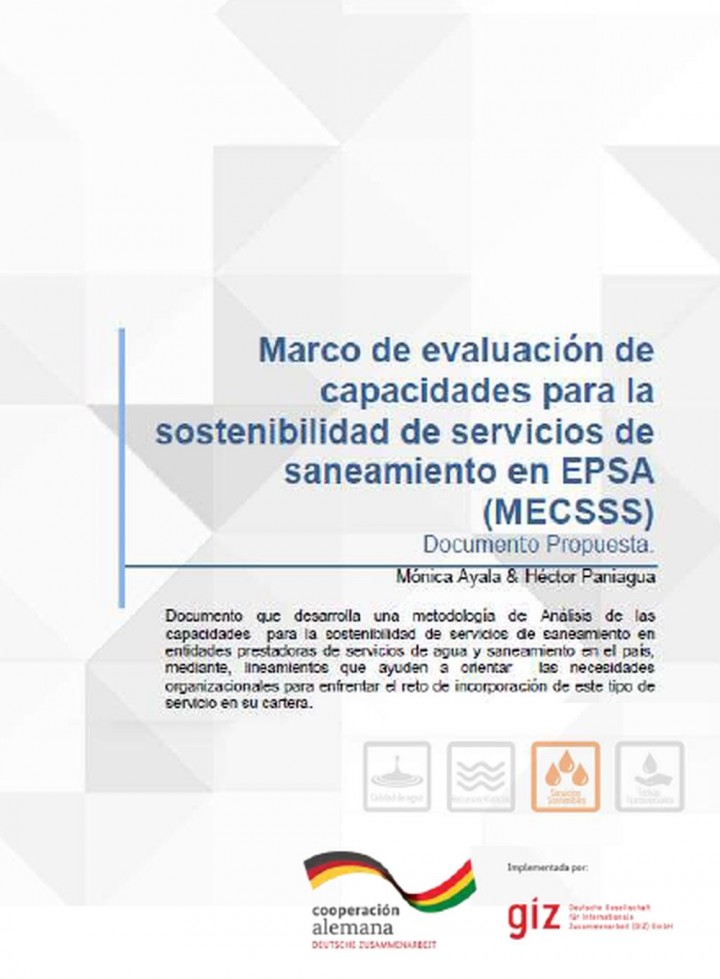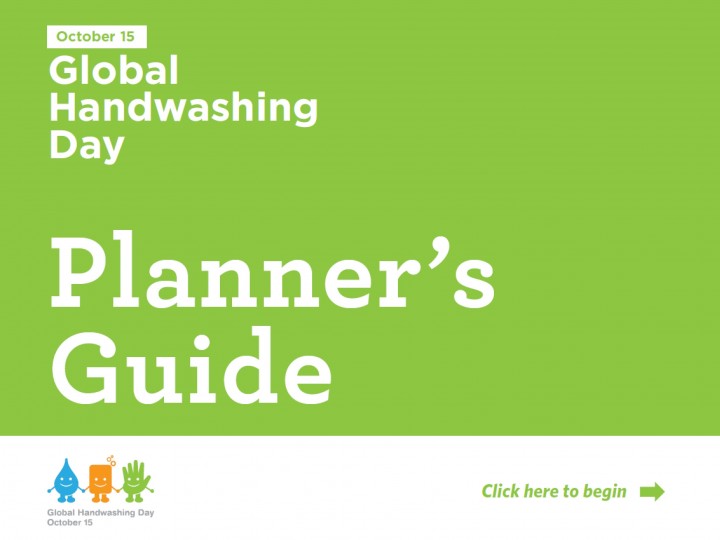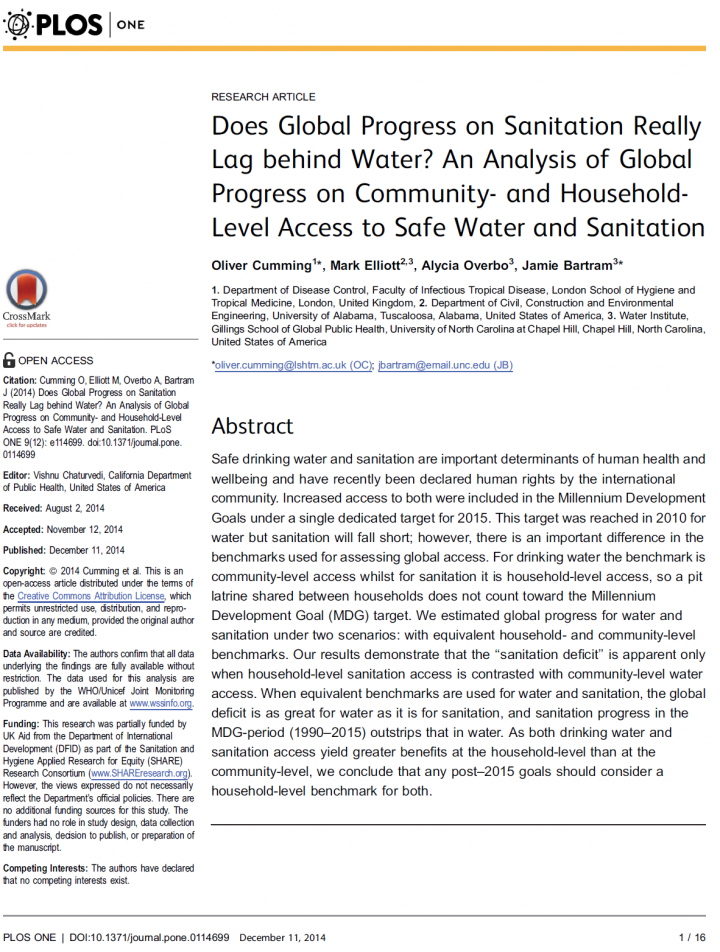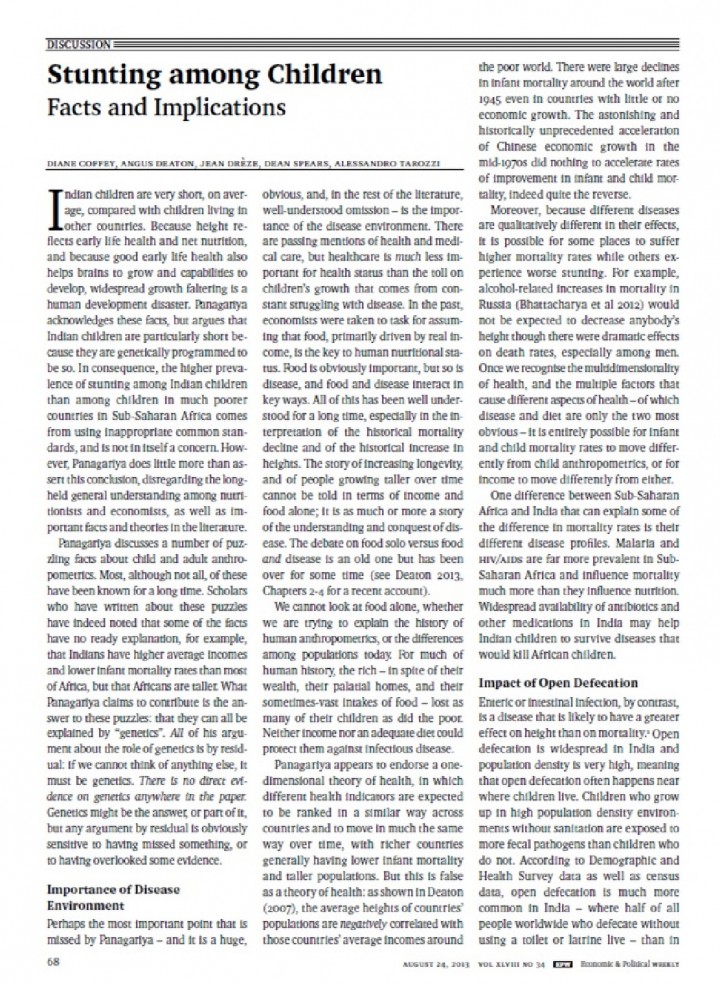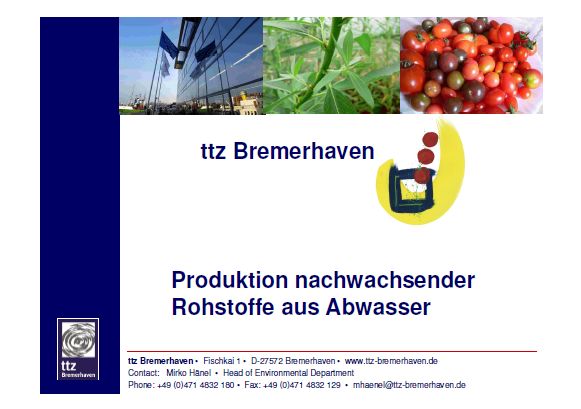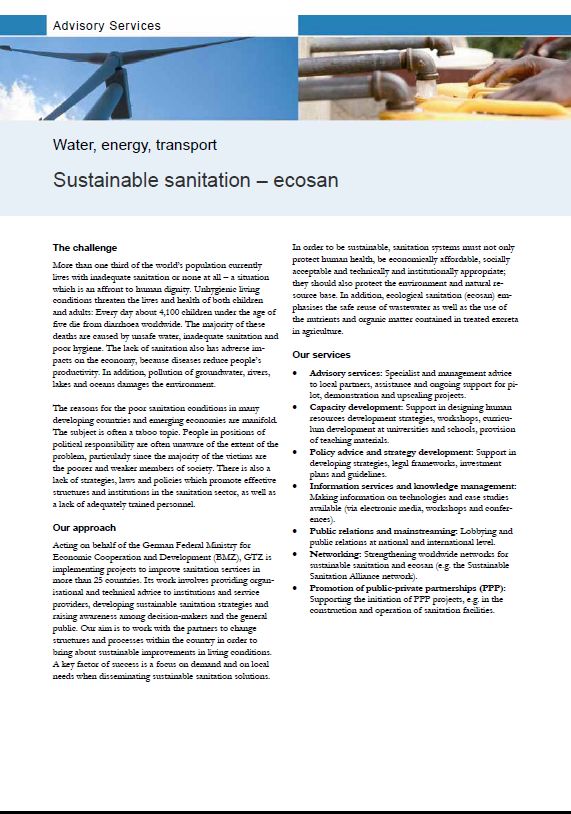Searching for information on Sanitation Workers?
The Sanitation Workers Knowledge + Learning Hub is the best source for all current news, trends, articles and updates on sanitation workers rights around the world.
WHO has defined community engagement as “a process of developing relationships that enable stakeholders to work together to address health-related issues and promote well-being to achieve positive health impact and outcomes”. There are undeniable benefits to engaging communities in promoting health and wellbeing. At its core, community engagement enables changes in behaviour, environments, …
In 2020 UNICEF Nepal’s implementing partner COSDER, Gorkha observed that Madarhawa village (480 inhabitants and 1 school), Nepal (located 60km northwest of Lumbini) was without improved WASH infrastructure and that its inhabitants were not observing improved sanitary and hygiene practices. COSDER, Gorkha decided to act and trained the children of Madarhawa on WASH related issues and solutions. …
Safe collection, handling and transport of fecal sludge is an integral part of septage management. Limited attention has been paid to the safe collection, transport, disposal and treatment of human excreta from septic tanks. A study was conducted in two cities in India to understand the current desludging practices, the underlying reasons for current occupational practices and hazards, relevance …
Module 1 creates awareness on the technology and applicability of the rope pump as a family water
pump and provides a road-map for implementation. It is meant for NGO’s, governments and implementing organisations considering the implementation of a rope pump production and installation project.
Module 2 describes the installation and maintenance procedures of the rope pump. This module is …
Rainfall and soil water are fundamental parts of all terrestrial and aquatic ecosystems which supplies goods and services for human well-being. Availability and quality of water determines ecosystem productivity, both for agricultural and natural systems. There is increasing demand on water resources for development whilst maintaining healthy ecosystems, which put water resources under pressure. …
Groundwater supplies provide a significant proportion of rural dwellers in the developing world with access to a safe drinking water supply and will continue to do so in the near future. With the emergence of Self Supply and its increasing acceptance, low-cost handpumps have a role to play. Twenty five years ago the emphasis was on completely enclosed pumps (for drinking water only) to avoid the …
DECENTRALIZATION The beginnings of decentralization in Côte d'Ivoire date back to the colonial period, when the country was a French colony with the existence of mixed communes and municipal councils (partly elected and partly appointed). Medium-sized communes were run by councils headed by “Mayor Administrators” appointed by the Central Colonial Government. Large communes were administered …
This document will address RAINs guidelines towards water quality and will give practical
guidelines to improve and maintain an acceptable water quality of harvested rainwater for
drinking purpose. It will describe criteria for water quality of harvested rainwater, placed within
the socio-economic and geographical context of RAINs target countries. The most practical
approach of improving …
This equipment is part of several packages devised by the Oxfam Public Health Engineering Team to help provide a reliable water supply for populations affected by conflict or natural disaster. The equipment is designed to be used with any or all of the following Oxfam water equipment: Water Storage equipment, Water Coagulation and Disinfection equipment, Water Filtration equipment, Water …
This document will act as a road map for functionaries at all levels, especially at the district and GP level. The strategy will be developed in the context of the current situation within the state regarding challenges faced and progress made in the last few years on total sanitation.
SBCC activities are not conducted in isolation and their effectiveness cannot be measured in isolation …
"This operator instruction manual is the reference document for the operation and maintenance of the equipment and processes that comprise the tiger bio filter (TBF) based
faecal sludge treatment plant (FSTP) at Wayanad, Kerala. This manual will enable the plant operator and helper to run the plant smoothly and assist during site operations and maintenance work."
Nepal has made an impressive progress in eliminating open defecation across the country in the last two decades. As a result, the percentage of households using improved (not shared) sanitation facilities in Nepal increased from 15% in 2000 to 62% in 2017, and open defecation rates fell from 67% to 21% over the same period (WHO & UNICEF, 2019). Nepal celebrated gains made towards ending open …
In 2016, the Ministry of Education, Youth and Sport in Cambodia published the ”Guidelines for Minimum Requirements for WASH in Schools“. The guidelines are designed for stepwise improvements of WASH (Water, Sanitation and Hygiene) infrastructure and hygiene behavior in schools to reach the national goal of water and sanitation access for all in 2025.
This group washing facility catalogue …
A well-facilitated Community-Led Total Sanitation (CLTS) programme that pro-actively considers and involves people who might be disadvantaged has been shown to have many benefits. A lack of this can and will often have negative impacts and make programmes and ODF unsustainable. This issue of Frontiers of CLTS looks at who should be considered potentially disadvantaged, how they can effectively …
Investing in the nutrition of children is crucial if countries are to nurture the human capital necessary for social and economic development. Improvements in water, sanitation and hygiene (WASH) services are critical for the success of such investments. Our research in Cambodia, Ethiopia and Madagascar reveals opportunities and pathways for combining WASH and nutrition efforts to better tackle …
We need a much better understanding of the causes and effects of agricultural water pollution as well as effective means to prevent and remedy the problem. In the existing literature, information on water pollution from agriculture is highly dispersed. This repost is a comprehensive review and covers different agricultural sectors (including crops, livestock and aquaculture), and examines the …
Disinfection of water has greatly contributed to reducing risks to public health from microbiologically contaminated drinking water.
Numerous disinfection techniques have been developed over the centuries that are used in a wide range of applications, ranging from large and small public drinking-water plants to point-of-entry and point-of-use (POU) treatment devices.1 Although chlorine has been …
Greening innovation and urban agriculture can bring dignity, empowerment and food sovereignty to refugee communities. Simple technologies and waste recovery make these techniques cost effective and adaptable. Both should be central to designing, implementing and sustaining both refugee camps and overcrowded urban areas. This report examines current and potential use of greening innovation and …
Improving access to sanitation is a global public health priority. Sufficient consumer demand is required for sanitation coverage to expand through private provision. To measure consumer demand for hygienic latrine platform products in rural Tanzania, we conducted a randomized, voucher-based real-money sales trial with 1638 households with unimproved latrines. We also evaluated multiple supply …
Documento que desarolla una metodología de análisis de las capacidades para la sostenibilidad de servicios de agua y saneamiento en entidades prestadoras de servicios de agua y saneamiento en el país, mediante, lineamientos que ayuden a orientar las necesidades organizacionales para enfrentar el reto de incorporación de este tipo en su cartera.
I. ANTECEDENTES
II. OBJETIVO
III. ENFOQUE …

